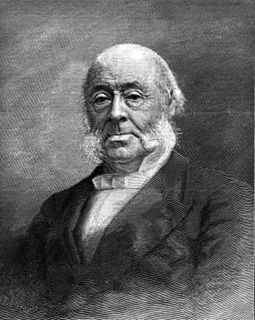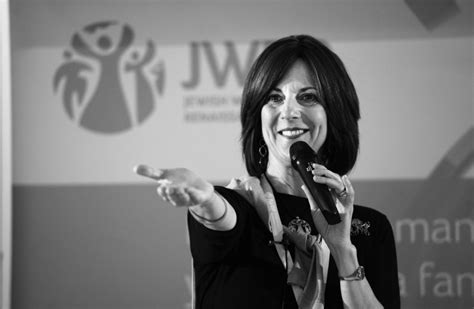A Quote by Suzanne Collins
I try to forgive her for my father's sake. But to be honest, I'm not the forgiving type.
Related Quotes
Forgiving is tough. Excusing is easy. What a mistake it is to confuse forgiving with being mushy, soft, gutless, and oh, so understanding. Before we forgive, we stiffen our spine and we hold a person accountable. And only then, in tough-minded judgment, can we do the outrageously impossible thing: we can forgive.
What is forgiving? Forgiving is giving up all claim on one who had hurt you and letting go of the emotional consequences of the hurt. How can we do that? It's done at the price of beating back our pride. By nature we are selfish. Forgiving, by definition, is unselfish. Being hurt by another person wounds our pride. Pride stands in the way of forgiving. We cannot forgive without God's help. It might be possible for us to forgive something inconsequential without God's help; but in significant matters, we are unlikely to accomplish anything without God's involvement in the process.
If you feel sincerely sorry on account of your sins, and believe that Christ is able and willing to forgive you, the work is done. You may trust with all the confidence of a child who confesses his fault, and casts himself into his father's arms. This is faith; a simple trust in the power and willingness of the Father to forgive, for the sake of what Christ the Son has done.
Charles Williams has said of the Lord's Prayer, "No word in English carries a greater possibility of terror than the little word 'as' in that clause." What makes the 'as' so terrifying? The fact that Jesus plainly links our forgiven-ness by the Father with our forgiving-ness of fellow human beings. Jesus' next remark could not be more explicit: 'If you do not forgive men their sins, your Father will not forgive your sins.'
Forgive yourself for believing things about yourself that are not true. Forgive yourself for believing that you were anything other than a child of God. Then, after forgiving yourself for believing the things you were told, forgive the people who told you. Forgive them not for what they said or did. Forgive them because they did not know any better.
I worry about fast forgivers. They tend to forgive quickly in order to avoid their pain. Or they forgive fast in order to get an advantage over the people they forgive. And their instant forgiving only makes things worse... People who have been wronged badly and wounded deeply should give themselves time and space before they forgive... There is a right moment to forgive. We cannot predict it in advance; we can only get ourselves ready for it when it arrives... Don't do it quickly, but don't wait too long.
Her [Eleanor Roosevelt] father was the love of her life. Her father always made her feel wanted, made her feel loved, where her mother made her feel, you know, unloved, judged harshly, never up to par. And she was her father's favorite, and her mother's unfavorite. So her father was the man that she went to for comfort in her imaginings.




































